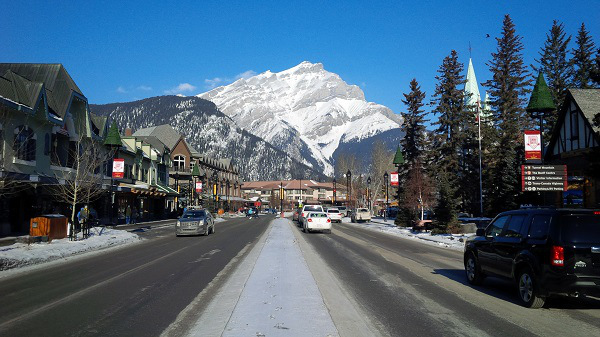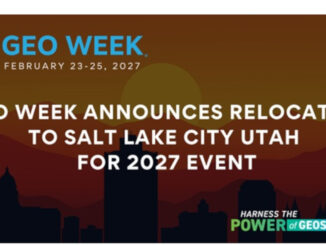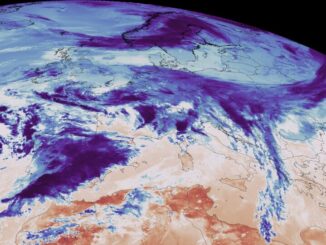
The latest in Canadian GIScience research will be on display at the fifth annual Spatial Knowledge & Information (SKI) Conference, taking place February 26-March 1 in Banff, Alberta. Organizers are expecting approximately 75 GIScience researchers, students, and industry representatives coming together in an “environment that allows for rapid communication on Geographic Information,” explains Scott Bell, SKI Executive Committee member and Professor of Geography and Planning at the University of Saskatchewan.
The conference is a great opportunity for students, who are encouraged to share their research and submit their written work for peer evaluation in a supportive environment of peers and scholars. As well, the best student presentations will get prizes!
The conference will be jam-packed with presentations by both students and professors, including challenging, lightning-fast two-minute presentations by professors. Attendees really won’t want to miss out on the first night’s keynote speaker, Monica Wachowicz, from the University of New Brunswick. Monica is the Cisco Chair in Big Data Analytics and Editor-in-Chief of the journal Cartographica. She will be presenting “Mapping the Unmappable Data-Driven World,” examining how current mapping research and practices fit into our new data-driven world.
SKI Canada provides a unique mix of the practical and the theoretical, and above everything, focuses on sharing ideas and receiving feedback. “The GIS community in Canada is relatively small,” says Scott Bell, “and there are few venues to allow us to exchange ideas about academic research… We think sharing our research with one another helps expand the breadth of understanding as well as brings different points of view into the same room.”
Executive Committee member and McGill University Professor of Geography and Environment Renee Sieber reflects on the benefits of SKI: “For me, I started doing more applications research on public participation GIS, but my work increasingly focuses on GIScience theory. SKI is the best way I can ground my current applications research being conducted in Canada.”
Everyone interested in GIS, geomatics, and geoinformatics is encouraged to attend SKI 2015 and share their work. For more information on the conference, visit the website.





Be the first to comment